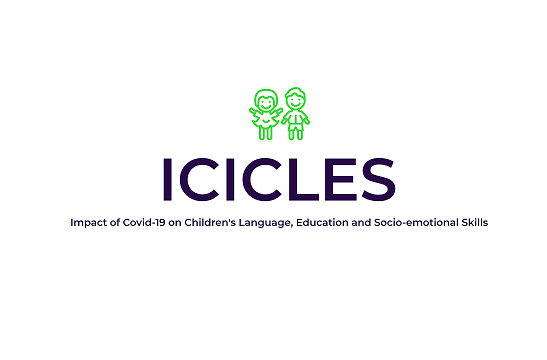The longer term outcomes of Work-Based Learning for Adults: Evidence from administrative data
 Pub. Date
Pub. Date
 Pub. Type
Pub. Type
Work Based Learning for Adults (WBLA) is a voluntary programme designed to help long-term jobless people on a range of benefits move into sustained employment. The programme provides four different types of training (\'opportunities\'):<br />
- Short Job-Focused Training (SJFT). <br />
- Longer Occupational Training (LOT). <br />
- Basic Employability Training (BET). <br />
- Self-Employment Provision (SEP). <br />
This report presents new, longer-term evaluation results based on administrative data for three opportunities of WBLA, SJFT, LOT and BET. The evidence found for the long-term outcomes of WBLA is mixed for the different opportunities of the programme evaluated here:<br />
- SJFT results in significant improvement in participants\' employment outcomes in the long-run with an average increase in the employment rate of five percentage points and more sustainable, longer first employment spells. <br />
- LOT shows significantly positive employment effects only for a period very long after the beginning. However, an effect of reducing the benefit rate in the long-run comparable to the one found for SJFT was not found. <br />
- The participation in BET leads to higher benefit rates in the long-run and participants show a benefit rate that is 15 percentage points above the level of comparable non-participants 40 months after participation in BET began. When applying a difference-in-differences estimator, BET participation shows an improvement in the employment rates for participants of around three percentage points.















